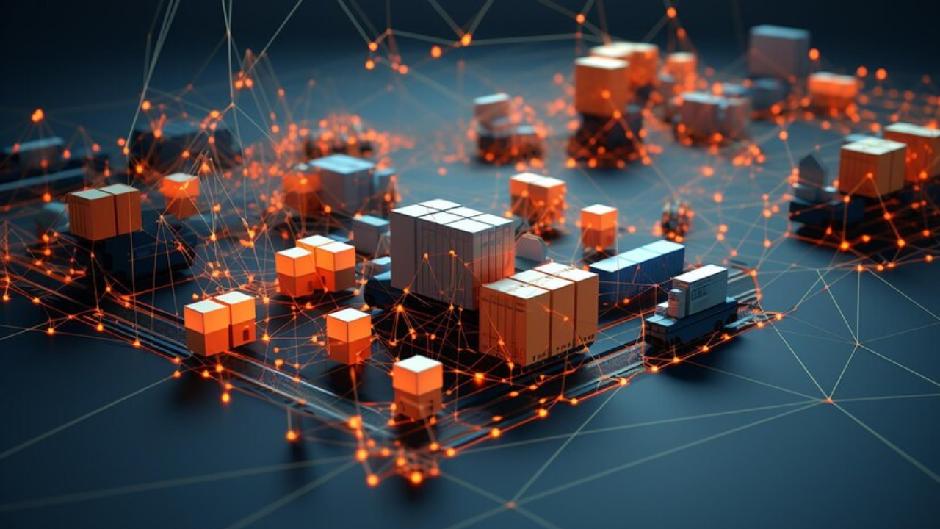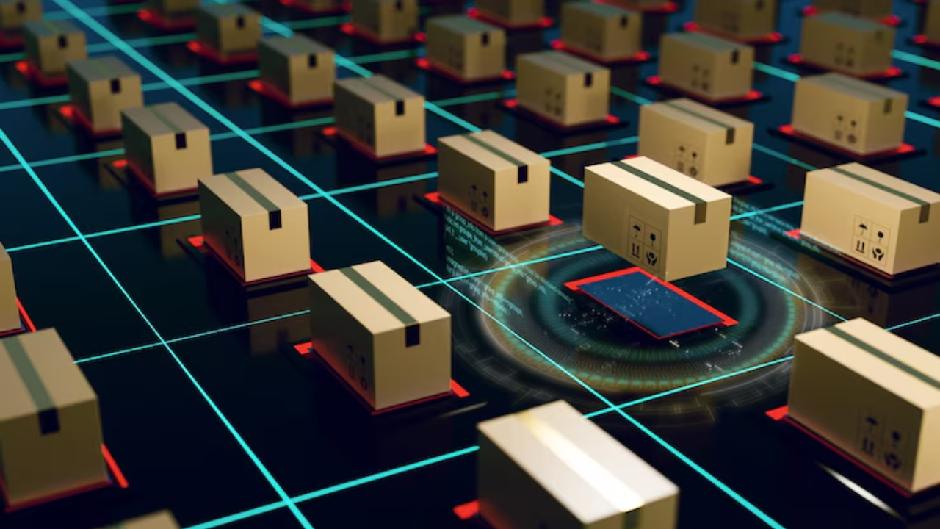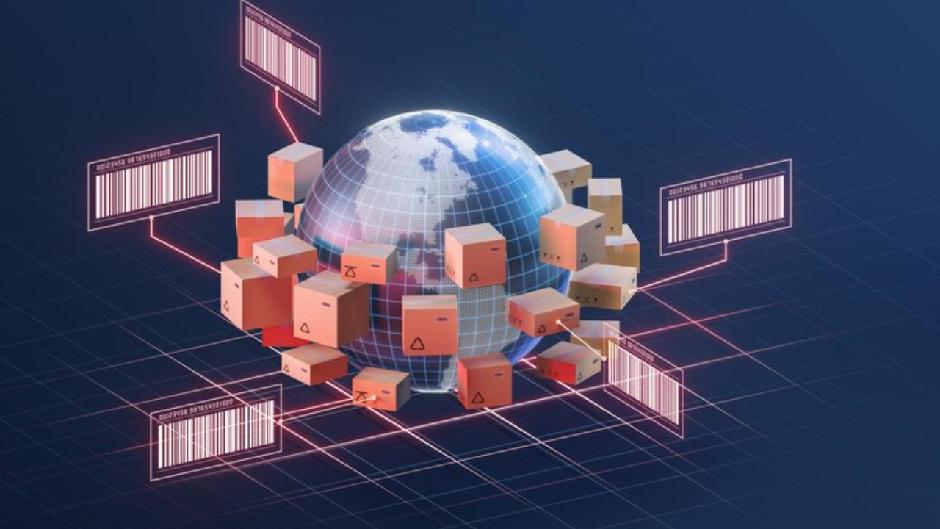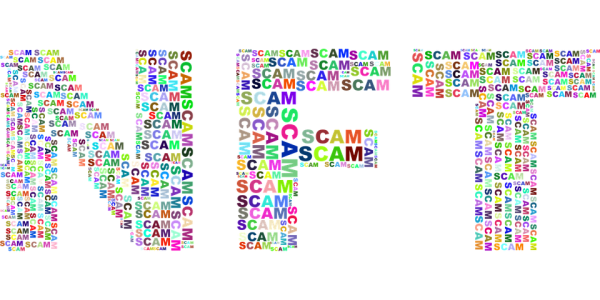April 23, 2024
By Anjali Kochhar
Blockchain technology has been constantly in the news for various reasons whether good or bad. Few erroneously consider blockchain as a synonym for cryptocurrency. However, blockchain technology goes beyond the gambit of cryptocurrency and has its influx in fields like medicine, finance, education, and supply chain management for logistics companies.
Today multiple platforms including Amazon Web Services are offering “Track and Trace services on Amazon Managed Blockchain” to the companies involved in supply chain.
Utilising blockchain in supply chain management comes with specific requirements. These include limiting participation to verified, trusted partners; adopting a suitable consensus protocol; and implementing measures to prevent errors and counterfeit goods from entering the supply chain.
According to Mr. Rajagopal Menon, vice president, at India’s leading crypto exchange WazirX, “Blockchain technology, originally developed for crypto networks, is proving to be a highly promising tool for supply chain management. This digital ledger system offers a complete, transparent, and tamperproof record of transactions, covering information flows, inventory flows, and financial flows. This capability addresses many of the challenges faced by supply chain partners.”
Use Cases of Blockchain in Supply Chain Management
Medicines: One of the use cases of the logistics chain supported by the government of Karnataka is the online Supply Chain Management System for medicines (Aushada).
The Aushada system is integrated with blockchain to record the transactions related to the movement of drugs from the manufacturer to the supplier to the warehouse and then to the hospitals including quality checks. Smart contracts provide checks and balances at each stage in the supply chain and ensure that non-standard drugs are not moved down the supply chain.
Farm Exports: Apples are being grown as part of a pilot project by the Niti Aayog and the government of Himachal Pradesh. To ensure high-quality apples, they monitor them closely throughout the entire storage and distribution chain.
Farm to Table: Sahyadri Farms in Maharashtra is pioneering a transformative approach to supply chain transparency by integrating all relevant data into a blockchain system, accessible to consumers through a simple QR code scan.
This innovative integration ensures that every step—from farm to table—is easily verifiable, fostering transparency and trust. By scanning the QR code, consumers can see detailed information about the journey of their purchased produce.
Seed Distribution: An article published in NDTV noted that “In a significant development that would revolutionize agriculture in the country, the Directorate of Agriculture, Jharkhand, and global blockchain technology company, SettleMint, India jointly announced the successful launch of seed distribution to farmers based on blockchain technology”.
Renault: On official website of Renault quoted Odile Panciatici, Blockchain Vice President, Groupe Renault as saying this of the company’s blockchain vision: “The XCEED project we initiated is a powerful illustration of Groupe Renault’s capacity to innovate. We are convinced that blockchain is a vector for transforming the automotive industry
He further added, “Blockchain technology comes into its own in a vast ecosystem involving several different companies, providing a link between the partners’ various processes, computer systems, and databases. There are multiple uses for this type of technology in the automotive industry, where we have exchanges with countless actors from outside the company, such as suppliers, clients, and independent distributors.”

De Beers and Tracr: De Beers, the leading diamond company, uses blockchain technology to authenticate diamonds and ensure their ethical sourcing. Their platform, Tracr, provides a digital certificate for each diamond, recording key attributes and transactions. This initiative helps in preventing the trade of conflict diamonds and assures consumers of the product’s authenticity and ethical origins”.
Challenges Faced in widespread acceptance
- Technical Complexity for traditional supply chain managers
- Scalability can be an issue due to resistance to widespread acceptance.
- Legal Challenges due to lack of policy guidelines
- Small business houses may not be able to afford the high cost of developing blockchain.
Not only small business houses, but bigger companies like Maersk are also facing challenges in the widespread acceptance of blockchain technology.
According to Mr. Rotem Hershko, Head of Business Platforms at A.P. Moller–Master’s, “TradeLens was founded on the bold vision to leap global supply chain digitization as an open and neutral industry platform. Unfortunately, while we successfully developed a viable platform, the need for full global industry collaboration has not been achieved. As a result, TradeLens has not reached the level of commercial viability necessary to continue work and meet the financial expectations as an independent business”.

Blockchain technology can help supply chain companies in documenting production details and provide transparent data on a single ledger. Every entry is real-time and is time stamped and up to date, companies can track product status with location tracking at any given point in time.
Real-time tracking helps eradicate counterfeit products, especially counterfeit drugs. By combining blockchain with smart technology like the Internet of Things, supply chains can automate tracking of the conditions of production, transportation, and quality control.
About the author
Anjali Kochhar covers cryptocurrency stories in India as well as globally. Having been in the field of media and journalism for over three years now, she has developed a sharp news sense and works hard to present information that goes beyond the obvious. She is an avid reader and loves writing on a wide range of subjects.



